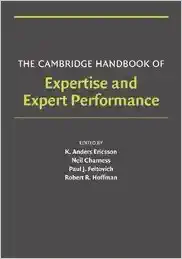Michael Sean Quinn, Ph.D., J.D.*
There is an unusual phrase that occurs in some Twentieth Century insurance policies that also occurred in Eighteenth-Century first-party insurance policies, all of which back then insured losses from fire, and only them, so long as they were not what we now call “ocean marine” policies. That phrase is “civil commotion.”
It has been interpreted in at least one very important fairly recent Second Circuit case, and it was interpreted in another important insurance case in 1780 by none other than Lord Mansfield himself.
The blog-essay consists of three parts. The first one concerns where the phrase “civil commotion” came from and what happened to trigger Lord Mansfield’s interpretation of the phrase. The second phase concerns what the Chief Justice said about the phrase. And the third section concerns a relatively recent case, Pan American World Airways, Inc. v. Aetna Casualty and Surety Co., 595 F.2d 989 (2d Cir. 1974)
The actual discussion of these matters can be found on a link, the route to which is printed immediately below:
Chief Justice Lord Mansfield and Pan American World Airways

![“Cyber-[Somethings]”–A Readily Rejectable Revolutionary Nomenclature](https://www.michaelseanquinn.com/wp-content/themes/Extra/images/post-format-thumb-text.svg)



Recent Comments